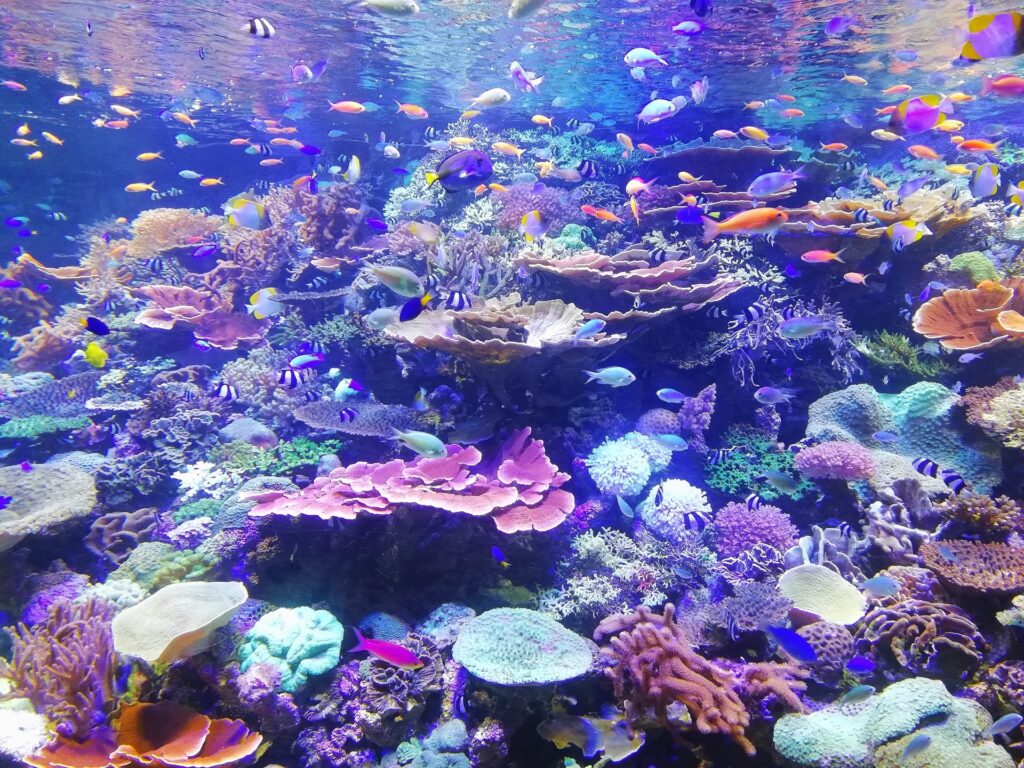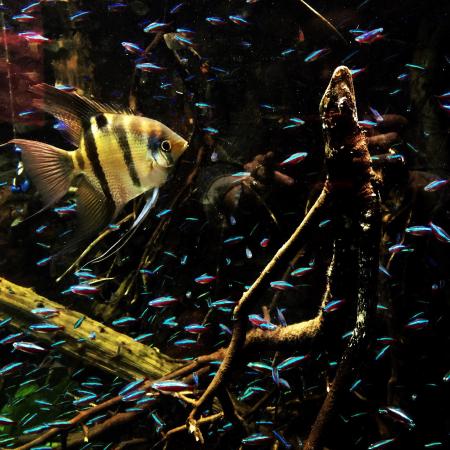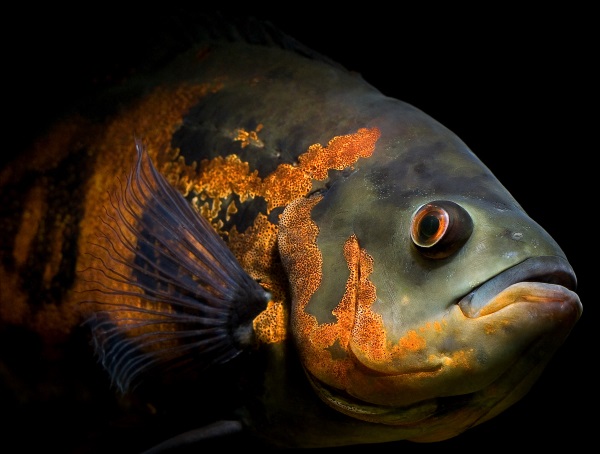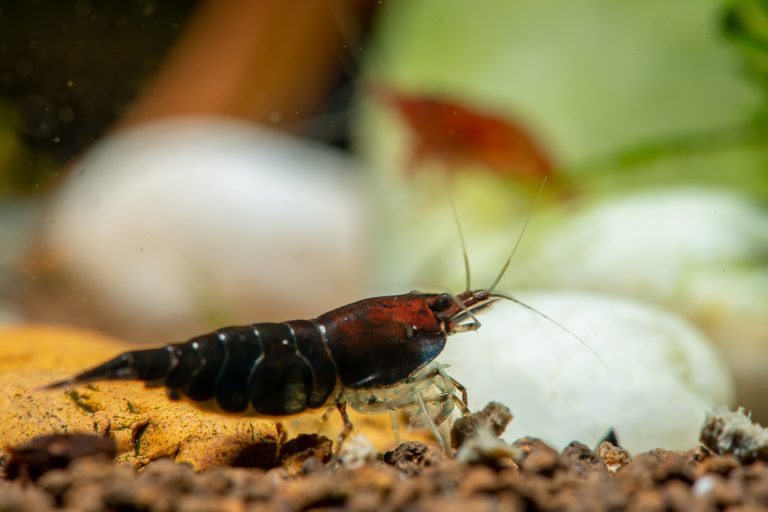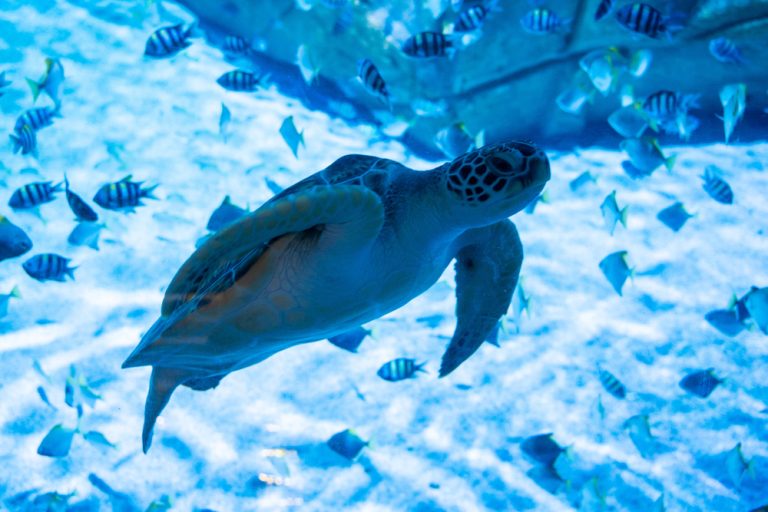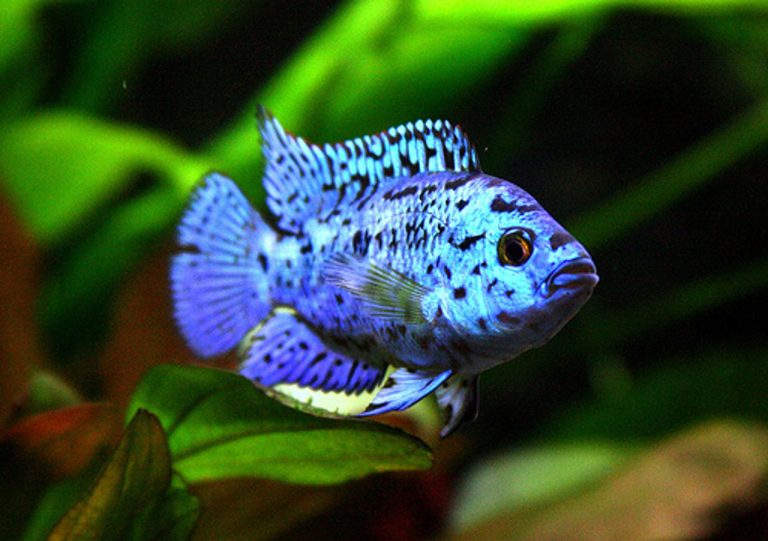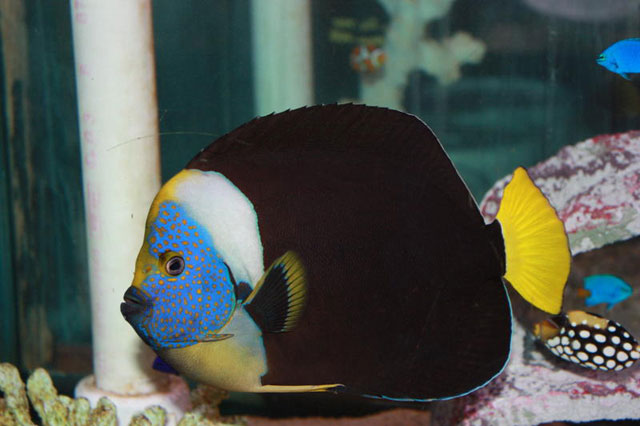Why Do My Algae Eaters Keep Dying
Why Do My Algae Eaters Keep Dying?
Are you struggling to keep your algae eaters alive? It can be frustrating to invest time and money in these helpful little creatures, only to see them perish. But don’t worry, you’re not alone. Many aquarium enthusiasts face this problem, and there are several possible reasons why your algae eaters keep dying. In this article, we’ll delve into the potential causes and offer some solutions to help you maintain a healthy and thriving aquatic environment.
Improper Water Parameters
One of the most common reasons for algae eaters dying is improper water parameters. Algae eaters, such as Plecos or Siamese algae eaters, are sensitive to changes in water quality. If the water in your aquarium is not adequately maintained, it can lead to stress and illness in your algae eaters.
Water Temperature: Check if the water temperature is within the optimal range for your specific algae eater species. Sudden fluctuations or extremes in temperature can be detrimental to their health.
-pH Level: Algae eaters prefer a specific pH range. Make sure the pH level in your aquarium matches the requirements of your algae eater species.
Ammonia and Nitrite Levels: High levels of ammonia and nitrites can be toxic to algae eaters. Regularly monitor these parameters, and take necessary steps to keep them within safe limits.
Water Hardness: Some algae eaters, like Bristlenose Plecos, thrive in soft water, while others, such as Chinese algae eaters, prefer harder water. Ensure the water hardness is suitable for your algae eater species.

Inadequate Diet or Nutritional Deficiencies
Algae eaters primarily rely on algae as their main food source. However, providing them with a solely algae-based diet might not be enough to sustain their health and vitality. It’s essential to offer a balanced diet to your algae eaters to prevent malnutrition and immune system issues.
Algae Variety: Make sure your aquarium has a diverse range of algae types, including both green and brown algae. This will provide a more nutritious and varied diet for your algae eaters.
Supplementary Foods: In addition to algae, you can also supplement your algae eaters’ diet with other foods. Consider offering them blanched vegetables, sinking fish pellets, or algae wafers. These foods will provide essential nutrients that may be lacking in their primary diet.
Overfeeding: While it is crucial to ensure your algae eaters receive enough food, overfeeding can lead to water pollution and obesity. Feed them an appropriate amount based on their size and activity level.
Aggressive Tank Mates or Stressors
If you notice that your algae eaters are consistently stressed or bullied, it may lead to their declining health. Aggressive tank mates can harass or even injure algae eaters, compromising their well-being.
Compatibility: Research the compatibility of your algae eaters with other fish species before adding them to your aquarium. Avoid adding aggressive or territorial fish that may harm them.
Adequate Hiding Spots: Provide sufficient hiding spots and shelters in your aquarium. This will give your algae eaters a safe space to retreat when they feel threatened or stressed.
Tank Size: Overcrowding can lead to stress and aggression among fish. Ensure your aquarium is large enough to accommodate the additional fish, including your algae eaters.
Water Quality and Maintenance
Maintaining excellent water quality is paramount for the overall health of your aquarium inhabitants. Poor water conditions can weaken the immune system of your algae eaters, making them more susceptible to diseases and infections.
Regular Water Changes: Perform regular water changes to remove excess waste, toxins, and pollutants. This will help maintain stable water parameters and improve the overall water quality.
Proper Filtration: Invest in a high-quality filtration system that adequately filters and provides sufficient oxygenation for the water in your aquarium. This will help prevent the accumulation of harmful substances.
Maintenance Routine: Establish a regular maintenance routine that includes cleaning the aquarium, testing water parameters, and monitoring the overall health and behavior of your algae eaters.
Frequently Asked Questions
1: How long do algae eaters typically live?
The lifespan of algae eaters can vary depending on the species. Some may live for a few years, while others can reach up to 15 years with proper care.
2: Is it normal for algae eaters to die suddenly?
Sudden deaths can occur due to various factors, such as sudden changes in water parameters, disease outbreaks, or aggression from tank mates. It is essential to investigate and address the potential cause.
3: Can poor lighting affect algae eaters’ health?
Yes, inadequate or excessive lighting can impact algae eaters’ health. Ensure you provide appropriate lighting conditions that mimic their natural environment.
4: How can I prevent diseases in my algae eaters?
Maintaining excellent water quality, providing a balanced diet, and avoiding stressful conditions are crucial for preventing diseases. Regular observation and prompt action can also help identify and treat potential illnesses.
Final Thoughts
Keeping algae eaters alive and thriving requires a balanced approach that considers their specific needs and the overall well-being of your aquarium community. By maintaining proper water parameters, offering a varied diet, providing suitable tank mates, and ensuring excellent water quality, you can increase the chances of your algae eaters living a long and healthy life. Remember, attentive care and regular monitoring are key to maintaining a stable and thriving aquatic environment.
